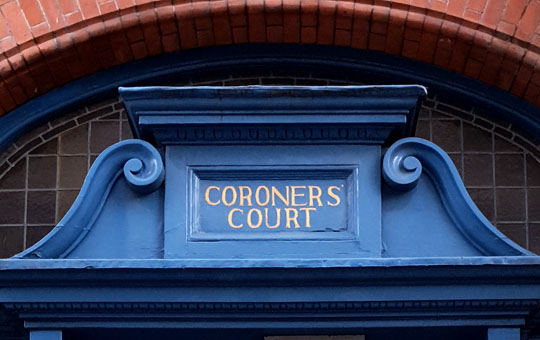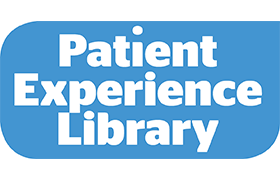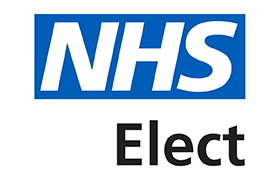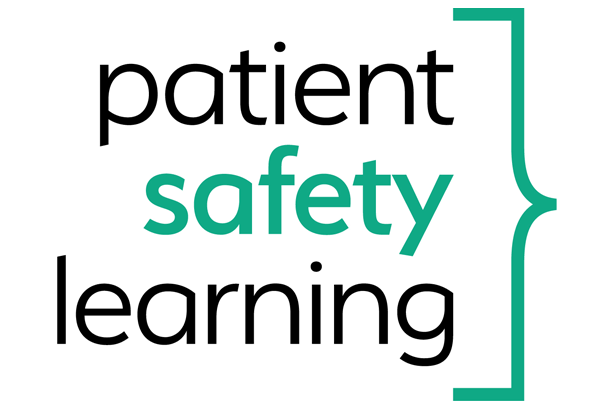Follow the conference on X #LearningFromDeaths
This National Conference focuses on improving the investigation and learning from deaths and will update delegates on the death certification reforms which came into force in September 2024. There will be an extended focus on engaging and involving patients, families and staff following a death, and on learning from deaths including an update from a coroner.
The conference will discuss learning from deaths which is now being extended to all non-coronial deaths wherever they occur and will provide a practical guide to learning from deaths and improving practice in your service. The conference will also update delegates on the National Patient Safety Incident Response Framework (PSIRF) and the implications for patient safety incident investigation and learning from deaths.
“Medical examiners scrutinise the cause of death provided by the medical practitioner completing the MCCD. The statutory system of medical examiners was introduced on 9 September 2024, in response to the findings of numerous independent inquiries, including the Shipman Inquiry. All deaths not investigated by the coroner must receive appropriate scrutiny by a medical examiner. In addition to scrutinising the cause of death, medical examiners will offer a conversation about the cause of death with the deceased’s representative, which provides an opportunity for them to raise concerns. This conversation can be carried out by the medical examiner officer. This is an important step in helping the bereaved to understand the cause of death and the sequence of conditions that led to it. For the attending practitioner, engaging the medical examiner as soon as possible to discuss their thinking on the cause of death can positively impact these subsequent conversations with the representative of the deceased and limit any potential delays to the death’s eventual registration.”
Guidance for medical practitioners completing medical certificates of cause of death in England and Wales, Published 9 September 2024
“The move to a statutory system in 2024 will further strengthen those safeguards, ensuring that all deaths are reviewed and the voices of all bereaved people are heard.”
Dr Suzy Lishman, Senior Medical Adviser on Medical Examiners for the Royal College of Pathologists
Attendance at this conference will support you to:
Network with colleagues who are working to improve practice in the investigation and learning from deaths
Improve practice in learning from deaths
Understand the implications of the death certification reforms legislation which came into place in September 2024
Reflect on the involvement of families through a lived experience of a carer
Learn from working examples of mortality governance and develop the role of mortality audits, internal inspection and mortality reviews to answer the question “did a problem in care contribute to the death?
Understand the implications of the Patient Safety Incident Response Framework (PSIRF)
Examining clinical governance concerns following deaths using a case study focusing on delays to care and treatment
Understand national developments and national reporting requirements
Learn from best practice in the investigation of deaths
Identification and reporting of deaths and the role of the Medical Examiner
Reflect on the Coroner perspective and role
Understand the decision to investigate, and the appropriate level of investigation
Explore how a human factors can support learning from deaths
Effectively support staff when a death occurs including supporting staff through coroner inquests and serious incident investigations
Self assess your learning from deaths process and ensure investigations lead to change
Supports CPD professional development and acts as revalidation evidence. This course provides 5 Hrs training for CPD subject to peer group approval for revalidation purposes
“Failure to fully embrace an open, learning culture may be holding organisations back from making the required changes at the pace needed… the amount of progress made to date varies between trusts and CQC analysis suggests that some organisations have found it harder than others to make the changes needed.”
Care Quality Commission
“The introduction of this framework represents a significant shift in the way the NHS responds to patient safety incidents, increasing focus on understanding how incidents happen – including the factors which contribute to them.”
Aidan Fowler, National Director of Patient Safety, NHS England








